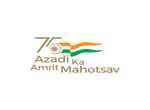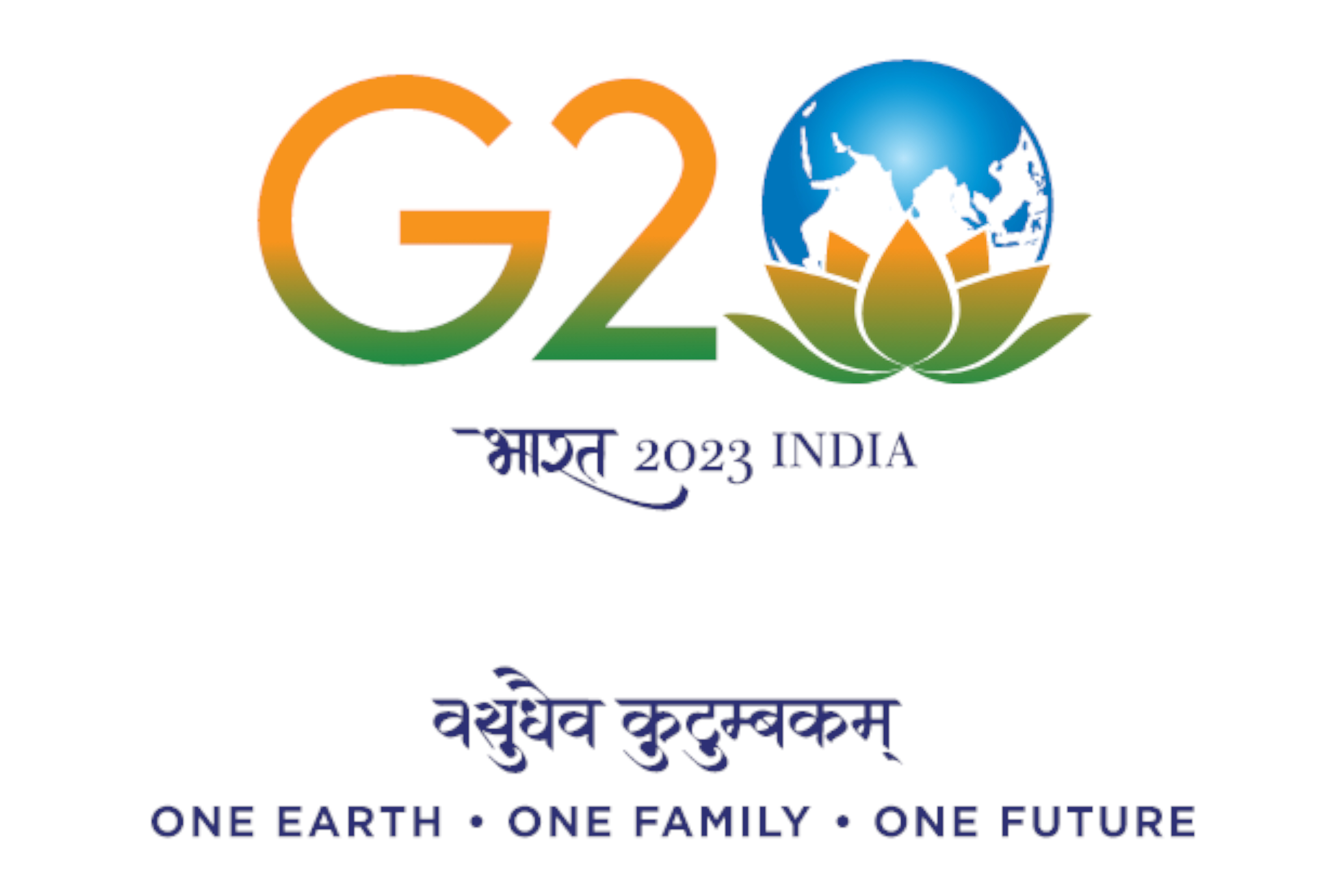INHS Asvini
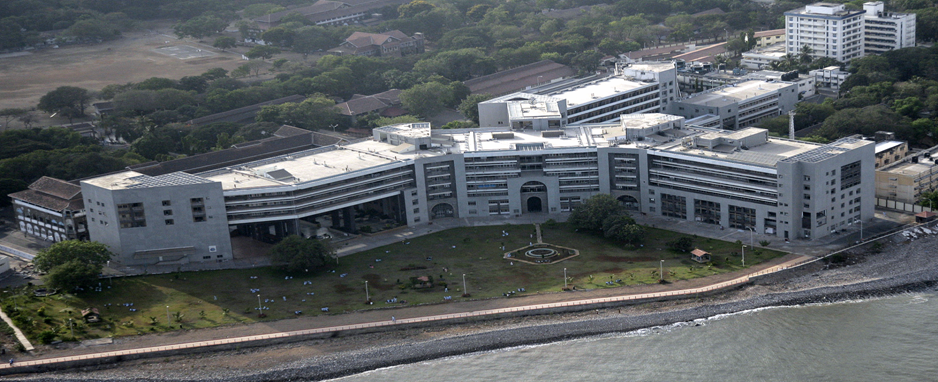
INHS Asvini
History
INHS Asvini is the first of amongst all the Naval hospitals which, in 1756, started functioning in barracks as King’s Seamen Hospital for in- patients. In 1860 the Octagonal building No. 3 (Hawa Mahal) was constructed as the Main Ward of Bombay Marine Hospital. In 1899, the Main Block (Building No. 1) was constructed and thereafter, Building No. 26 (Officers Ward) was added on. It was on 18 September 1951 that Military Hospital, Colaba was commissioned into the Navy and christened as INHS Asvini. With the growing need of greater patient care facilities and trained staff for the Hospital in the Navy, a Sick Berth School was established in July 1954 followed by a Dental Centre in 1961 and in February 1963 a Probationer Nurses School was also set up. As the years passed by bed strength of INHS Asvini increased from 300 to 600 in 1966 and to 792 in 1976. In January 1977 Asvini was classified as a Command Hospital with bed strength of 825.
In May 1992, the Cabinet Committee of Parliamentary Affairs accorded approval for the modernisation plans of the hospital at an overall cost of Rs 136 crores. In 1996, work started on the construction of a new building, while restoring the Heritage buildings to their pristine glory. The new building site was adjacent to the existing hospital, and due to efforts of the hospital staff, patient care was never compromised while the construction of the buildings and the subsequent shift to the new buildings took place. Today, as the work nears completion the entire naval community, especially those in Mumbai can be proud users of one of the best hospitals in India. Equipped with all state of the art patient care systems, 24x 7 online patient data management software, backed by a dedicated team of super specialists and nursing staff, INHS Asvini from its humble beginning has truly become a shining jewel of the Armed Forces Medical Service.
Provision of Advanced Medical Facilities
Critical Care Beds-
The New ICU has 22 beds. There is a separate Cardiac Surgery Care Unit and Neuro unit of 5. Dialysis unit has 10 beds. Similarly acute medical and acute surgical beds have been augmented to 20 each. A separate Burns Centre with 6 beds and Reserve Isolation Unit of 5 beds have also been provided. NICU, ICU, Burns Unit, Dialysis Unit and Operation Theatres are centrally air conditioned and have modern facilities like piped medical gases, central suction, compressed air, uninterrupted power supply and standby generator supply.
Super Speciality Centres
Cardiology Centre-
A Cardiology Centre at INHS Asvini was established in 1985. With the establishment of the Cardiac Cath-Lab in 2004, the department has achieved for itself recognition as a centre of excellence. Today all patients of acute myocardial infarction, who report in time, undergo primary angioplasty. Device closures in congenital heart diseases and comprehensive arrhythmia management with advanced electrophysiology and radiofrequency ablation procedures, implanting cardioverter defibrillators, and pace makers are some of the highly advanced procedures routinely performed at this centre. Cardiac re-synchronisation device therapy, transcoronary ablation of septal hypertrophy with absolute alcohol injections and other rare challenging procedures have been performed. On the diagnostic front, in addition to coronary angiography, transthoracic and transesophageal echo cardiography, computerised treadmill stress tests, radionuclide stress tests, stress echo, holter monitoring and HUTT complete the armamentarium.
Nephrology, Urology and Renal Transplant Centre.-
End Stage Renal Diseases (ESRD) or renal failure is a significant cause of morbidity and mortality. INHS Asvini has a contemporary Renal care facility taking care of such patients. The Nephrology department of Asvini is one of the oldest in the Country and is a pioneer in renal transplantation in the Armed Forces. A total of 275 renal transplants have been done at this centre. The results are comparable with the best in the world. First inter-city transfer of kidney for transplantation in Armed Forces under aegis of AORTA was done on 24 May 07. It has all the sophisticated medical / surgical equipment. Lithotripsy is undertaken for patients with urinary stones. A complete range of renal replacement therapies is provided to all the entitled clientele including ex- service members. At any time, there are at least 30 patients on haemodialysis and 15 on Continuous Ambulatory Peritoneal Dialysis. All nephrology related problems are dealt under one roof.
Gastroenterology Centre-
A comprehensive state of the art Endoscopic system from Fujinon, with Band Imaging facility has been installed at the Gastroenterology Centre in Jan 10 and is an important addition to the diagnostic and therapeutic armamentarium of the Hospital. It greatly enhances the facilities available at this tertiary Hospital.
Nuclear Medicine Centre-
Establishment of Nuclear Medicine Centre at INHS Asvini in 1967 has greatly helped in the diagnosis of many occult conditions through the scans of various organs / whole body after administration of safe radioactive isotopes. Tests like Stress Thallium, Thyroid Scan, Bone scan, Renogram, brain perfusion study, are undertaken every day.
Neurology Centre-
Dept of Neurology is an active department engaged in patient management, electrophysiological investigations, research, and training. The department under takes Botox therapy for Spasticity and movement disorders. It conducts and co-ordinates a contemporary stroke management protocol.
Oncology Centre-
The Oncology Centre was established at INHS Asvini with the aim of providing state of art multidisciplinary cancer treatment including chemotherapy, surgery, and radiotherapy. Over 500 patients are treated monthly, mostly on a day care basis. Highly selective targeted therapy using monoclonal antibodies and high dose chemotherapy with stem cell rescue are some of the latest achievements. The centre is establishing an advanced hematopoietic Stem Cell Transplant unit with stem cell processing and liquid nitrogen based banking facilities to cater for autologous, allogeneic bone marrow and peripheral blood hematopoietic stem cell transplant. The Radiation Oncology Centre at INHS Asvini, along with the Medical Oncology and Surgical Oncology Services, completes the triad of oncology services available in this hospital for cancer treatment. The department provides 3-D Conformal Radiotherapy (3-D CRT) to cancer patients using a Linear Accelerator and a remote after loading HDR Brachytherapy unit. Both machines are networked with the CT scanner and MRI scanner in the Radio Diagnosis department. It also has a portal imaging system to check the actual radiation treatment fields delivered by the machine during the course of treatment permitting 3-D Conformal Radiation Treatment for various cancers, delivering a higher dose of radiation to the tumour and permitting greater protection of normal tissues. The Brachytherapy machine available at this centre is a high dose rate machine that enables the treatment to be finished in minutes instead of hours. The Surgical Oncology Centre performs a wide spectrum of most advanced surgical techniques. Breast conservation for breast cancer patients and limb conservation approach in bone cancers are practiced. The availability of accessory services such as Oncopathology and a well-equipped department of Radio Diagnosis and various super specialities such as Neurosurgery, Reconstructive surgery and urology under one roof permits a true multidisciplinary approach in the management of malignancies.
Cardio Thoracic and Vascular Surgery Centre-
India is in the midst of an epidemic of coronary artery disease. The Department of Cardio Thoracic Surgery Centre was established in 2002. The Centre is well equipped to undertake all types of Heart Surgeries. About 70 – 80 heart surgeries inclusive of about 50 open heart surgeries are performed every year.
Plastic and Reconstructive Surgery Centre-
The Plastic and Reconstructive Surgery Centre undertakes the management of burns, reconstruction of surgical, accidental and congenital defects and cosmetic surgery. The department at INHS Asvini has a well-equipped Burns Unit. Reconstructive flaps including micro vascular free flaps are often used. Cosmetic Surgical procedures performed include Liposuction, Rhinoplasty, Breast Augmentation, and Hair Transplants etc.
Neurosurgery Centre-
The well equipped Neurosurgery Centre undertakes all types of spinal and cranial procedures. The centre has a dedicated Neurosurgery ward equipped for managing all post operative cases. About 200 Micro-neurosurgical operations are performed every year.
Orthopaedics Centre-
Total Hip and Knee replacements are among the most popular and effective surgeries undertaken in the last decade the world over. The increasing awareness, better affordability, ageing population, predictable results, and excellent 15 to 20 year survival of over 98% has led to large numbers of patients undergoing joint replacements. Keeping in line with the global and national trends, Joint Replacement Surgery has rapidly progressed at INHS Asvini over the last three years.
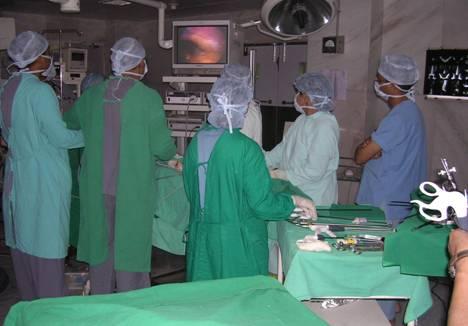
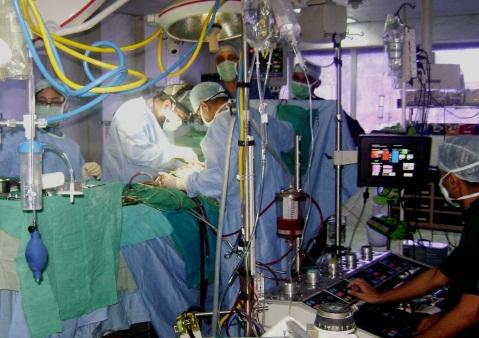
Orthopaedics Centre
Dept of Gynaecology-
The Department of Obstetrics and Gynaecology is one of the busiest in the hospital. About 1300 deliveries are conducted here yearly. Around 1000 surgical procedures including 470 endoscopic procedures are performed every year. An Artificial Reproductive Technique (ART) Centre, a full fledged unit with modern facilities for Invitro Fertilisation is being operationalised soon in the hospital which would be a boon to childless couples. The department is an MCI recognised Post Graduate Training Centre since 1982 and conducts both MD and National Board Certification programs
Department of Paediatrics-
The Department provides holistic and comprehensive care to sick children and neonates of the dependent population. The Paediatric Ward has a Paediatric ICU and facilities for management of medical and surgical cases. There is a well- equipped NICU, which caters to sick preterms and neonates. The ward is extremely child friendly with many facilities to keep sick children happy and occupied.
Department Of Ophthalmology-
The Department of Ophthalmology was established in 1976. Licensed Eye bank exists at this centre, which regularly does Corneal Transplant surgeries (Keratoplasties) giving vision to the corneal blind person. Every year, more than 2000 eye operations are performed at this centre. Around 200 patients attend the eye OPD daily. It is a Post Graduate Training Centre for MS Ophthalmology.
Dept of ENT-
The ENT department at INHS Asvini is a state-of the art tertiary care, postgraduate training facility. The department has been at the cutting edge of naval related medical research for many decades. Seasickness and occupational hearing loss related work of this department has received national recognition. Profound deafness poses major developmental problems related to speech acquisition. Children born deaf will not be able to acquire speech; if their hearing is not aided before a ‘critical age’ of about 5-6 yrs. INHS Asvini has a Paediatric Cochlear Implant program in its Bionic Ear Centre. The department carries out Cochlear implantation surgeries and post-operative Auditory Verbal Therapy (AVT).The outcome of the Cochlear Implant surgeries have been very encouraging. The department does Head and Neck Surgery including oncology, Trans-oral Laser surgery, Endoscopic sinus surgery-both Basic and Advanced, all types of ear surgeries and flexible endoscopy and a comprehensive management program for deafness.
Department of Dermatology-
INHS Asvini is a postgraduate research and training institute for skin disorders. Department is equipped with top of the line gadgets including a carbon dioxide laser and a complete phototherapy unit. In addition to treating skin diseases, various cosmetic procedures are also performed. Procedures / surgery being done in this department include Vitiligo Surgery, Suction Blister Grafting, Punch Grafting, Chemical Peels, Micro-dermabrasion, Scar Revision Surgery, Ablation of blemishes/growths with CO2 Laser, Radiotherapy, Electrocautery and Chemical Cautery.
Dept of Psychiatry-
The Department of Psychiatry is a dynamic postgraduate training unit. It provides comprehensive Psychiatric care to the naval population of Western Nava Command as well as to the Army garrison, the Air Force and to ex-service personnel. The department is well equipped with an electro convulsive machine, a biofeedback machine, and an extensive battery of Psychometric tests. There is a de-addiction and rehabilitation centre. The department conducts various outreach programs to school and social institutions of the community and conducts workshops on subjects ranging from stress management and communication skills to marital counseling and guidance for schoolchildren. Screening for disorders like dyslexia and attention disorders in children are part of the department repertoire.
Dept of Anaesthesiology and Critical Care-
The state-of-the-art OT caters to specialties like Neurosurgery, Orthopaedics, (including joint replacements), ENT surgery, Cardiac surgeries, Reconstructive surgery (plastic), Ophthalmology, Oncosurgery, Uro-surgery (including renal transplants), Paediatric surgery, GI surgery, Maxillo-facial surgery, Gynaecological surgery and General surgery. Specialized procedures like hair transplant and other dermatological maneuvers etc are also frequently carried out. The OT handles a workload of about 8000 cases every year. The intensive care units of Medical and surgical Disciplines with 23 beds is supported by the department of Anaesthesia. The department has the capability for and is often tasked to set up mobile field hospitals and mobile surgical units in disaster and operational scenarios. The department trains anaesthesiologists, OT Matrons from the Military Nursing Services and Operation Room Technicians, including those from the Sri Lankan Navy. The role repertoire of the anaesthesiologist has expanded with the advent of sophisticated ventilators and the evolution of critical care as a sub speciality. Today’s anaesthesiologists remain closely involved in the care of critically ill patients.
Dept of Pathology-
The Pathology department has grown from its very humble beginnings with the monocular microscopes, Bunsen burners, Flame Photometers, chemical powders, reagent preparations, and manual testing of samples. Today laboratory service functions with fully automated and highly sophisticated Haematology, Biochemistry, Histopathology, Microbiology, Molecular Biology, Immunohistochemistry and Serology sections. The Department conducts approximately 2200 to 2500 tests daily. Quality is maintained by strict internal and external quality assurance checks. The licensed Blood Bank has a blood component manufacturing facility, including apheresis. The components include packed red cells, fresh frozen plasma, random / single donor platelets, and cryoprecipitate etc. The highly sensitive gel centrifugation technology is used for red cell serology. Screening for infectious diseases is carried out by the third and fourth generation ELISA techniques. The Department also conducts Monthly Clinico-Pathological Correlation and Hospital Infection Control Committee / Hospital Transfusion Committee meetings. The department is recognised by the MCI for MD / DNB in Pathology. Laboratory and blood bank technicians are also trained here. The Department of Pathology coordinates the Hospital Biomedical Waste Disposal of the hospital. INHS Asvini is equipped with two diesel-powered incinerators for anatomical and soiled waste disposal. It has Microwave autoclaves for disinfection of Microbiological waste and a plastic shredder.
Dept of Radiology-
The department of radiology is equipped with imaging and conventional radiology equipment that is amongst the newest and state of art in the country. A Multislice CT scan was installed in 2003 is the major work horse. A current state of art 1.5 Tesla MRI imaging scanner installed in 2004 facilitates with wide range of clinical applications. A high-end Whole body Colour Doppler Ultrasonography is available for vascular and other disciplines. 3D / 4D Ultrasonography is available for multidimensional volumetric imaging. A Digital Subtraction Angiography (DSA) machine installed in 2002 is used for vascular and non-vascular diagnostic & therapeutic procedures. Digital Mammography system was added in 2008, which comprises of screening, diagnostic mammography, geometrical magnification of breast lesions, high resolution spot imaging, image guided needle biopsy, specimen radiography and galactography.
Auditorium-
A state of the art, fully air conditioned auditorium with a seating capacity of 250 has been provided in the new hospital.
Mechanical Laundry/Hospital Kitchen-
A modern mechanical laundry has already replaced the earlier systems of manual washing by Dhobies. In place of multiple spread out kitchens, a central composite kitchen with all modern gadgets is functional to meet the special needs of the patients.
Computerisation-
Rapid strides made in information technology in the recent years are being used in the new project to improve the Hospital Management Services. OPDS, Wards and departments have already been inter connected, which is providing on-line data on the patients to all the doctors. Other facilities like Internet connection, MEDLAR etc are also catered for. These facilities would be a boon to the postgraduate students and the doctors for them to keep abreast with the latest advancement in the field of medicine.
Telephone Exchange-
The hospital is provided with a modern Naval EPABX to cater for 50 + 500 lines. It is fully digital and 100% non-blocking time slots with ISDN switch to provide better medical service to the community..
Heritage Buildings-
The heritage buildings of the hospital have been identified and are being preserved so that these continue to be in good use. Even the ancient banyan trees have been accorded a heritage status. These are a part of the history of the hospital, very much a part of our present and would continue to serve the generations to come. Whilst all patient care functions have been shifted to the new complex, all administrative and support services are functioning from the heritage structures.





